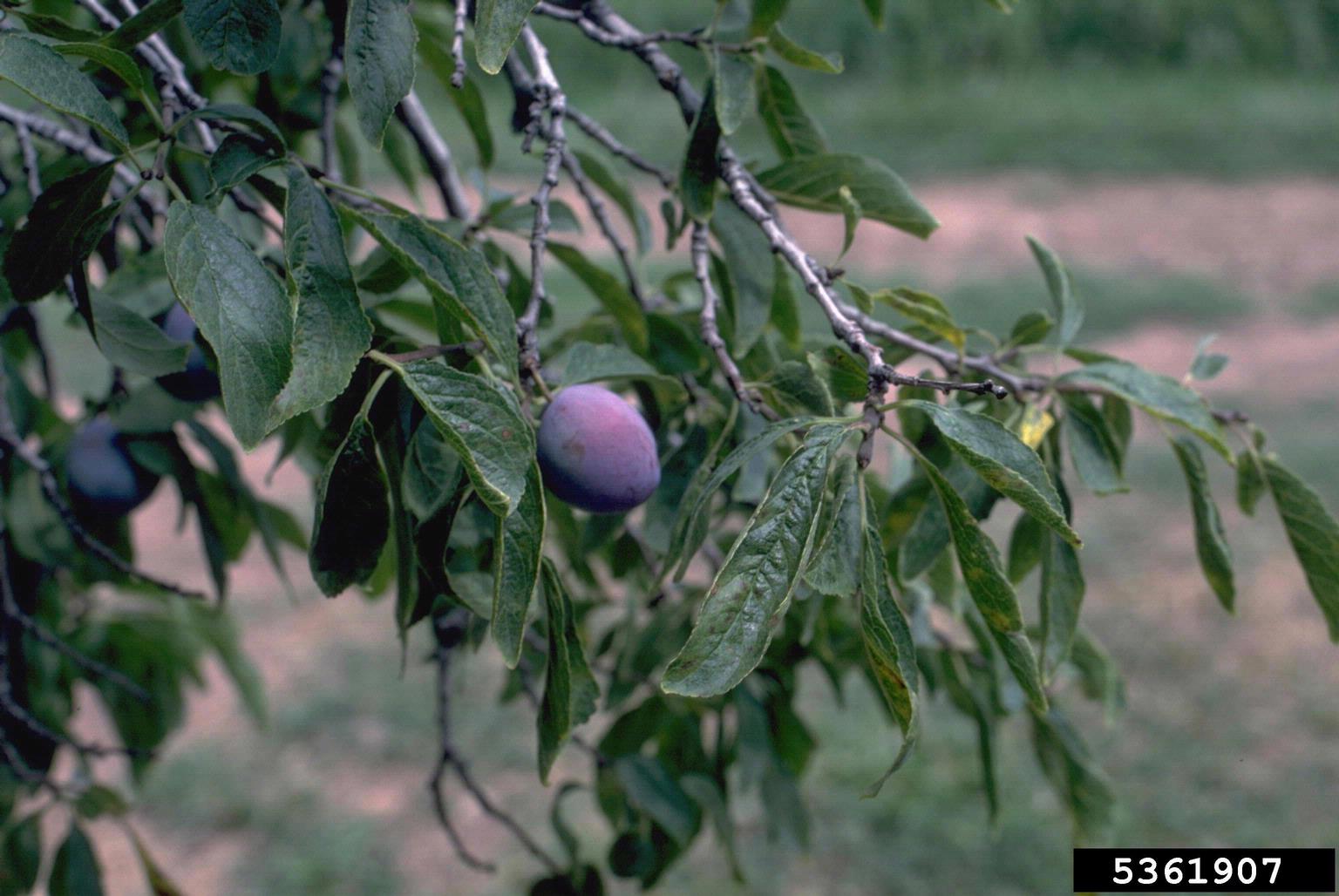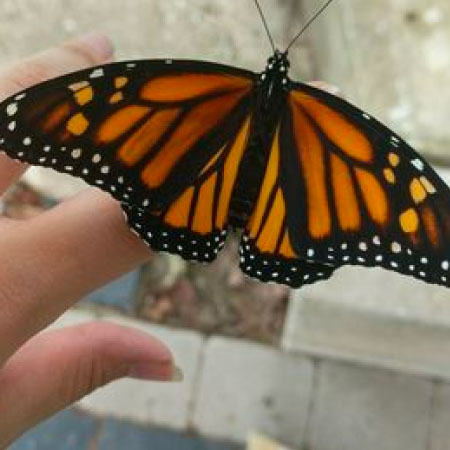Prune Dwarf Virus Info: Tips On Controlling Prune Dwarf Disease


Stone fruit grown in the home garden always seem to taste the sweetest because of the love and care we put into growing them. Unfortunately, these fruit trees can fall victim to several diseases that can significantly affect the crop. One serious viral disease is prune dwarf virus. Read on to learn more about prune dwarf virus of stone fruit.
Prune Dwarf Virus Info
Prune dwarf virus is a systemic viral infection. It is most prevalent in cherries, plums, and other stone fruits. Also known as sour cherry yellows, prune dwarf virus is spread by pruning with infected tools, budding, and grafting. Infected trees can also produce infected seed. Prune dwarf virus symptoms initially start with a yellow mottling of the leaves. After this, the leaves will suddenly drop. New leaves may regrow, but they soon become mottled and drop as well. In older trees, the leaves may form narrow and long, like willow foliage. If any fruit is produced on infected trees, it usually grows only on the outer branches of the canopy. When defoliation occurs, the fruit become very susceptible to sunscald. Prune dwarf virus symptoms can appear on just part of the tree or the whole tree. However, once infected, the entire tree is infected and diseased tissue cannot simply be pruned out.
How to Stop Prune Dwarf Virus
The best method of controlling prune dwarf disease is prevention. Whenever pruning, sanitize your tools between each cut. If you do any grafting or budding of cherry trees, use only certified disease-free plant stock. It is also a good idea not to plant new trees near any orchards with older, possibly infected stone fruit trees. Trees are more susceptible to contracting this disease naturally once they are mature enough to produce blooms and set fruit. Once a tree is infected, there are no chemical treatments or cures for prune dwarf virus. Infected trees should be removed and destroyed immediately to prevent further spread of this disease.
Sign up for the Gardening Know How newsletter today and receive a free copy of our e-book "How to Grow Delicious Tomatoes".

Darcy is a former contributor to Gardening Know How. She is a professional landscape designer and gardening writer with experience in plant sales. An avid gardener, Darcy has a passion for sharing practical tips to help others grow.